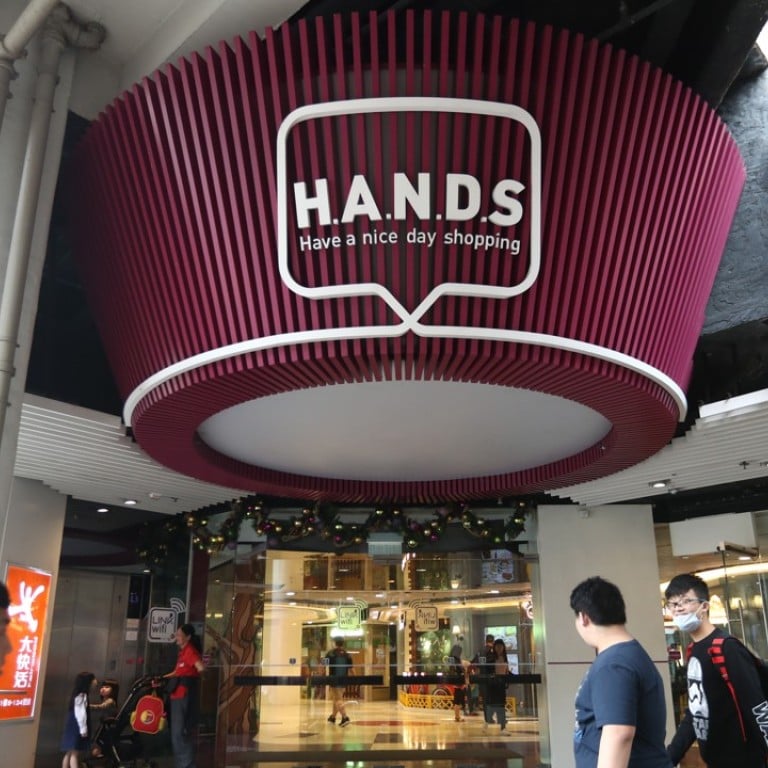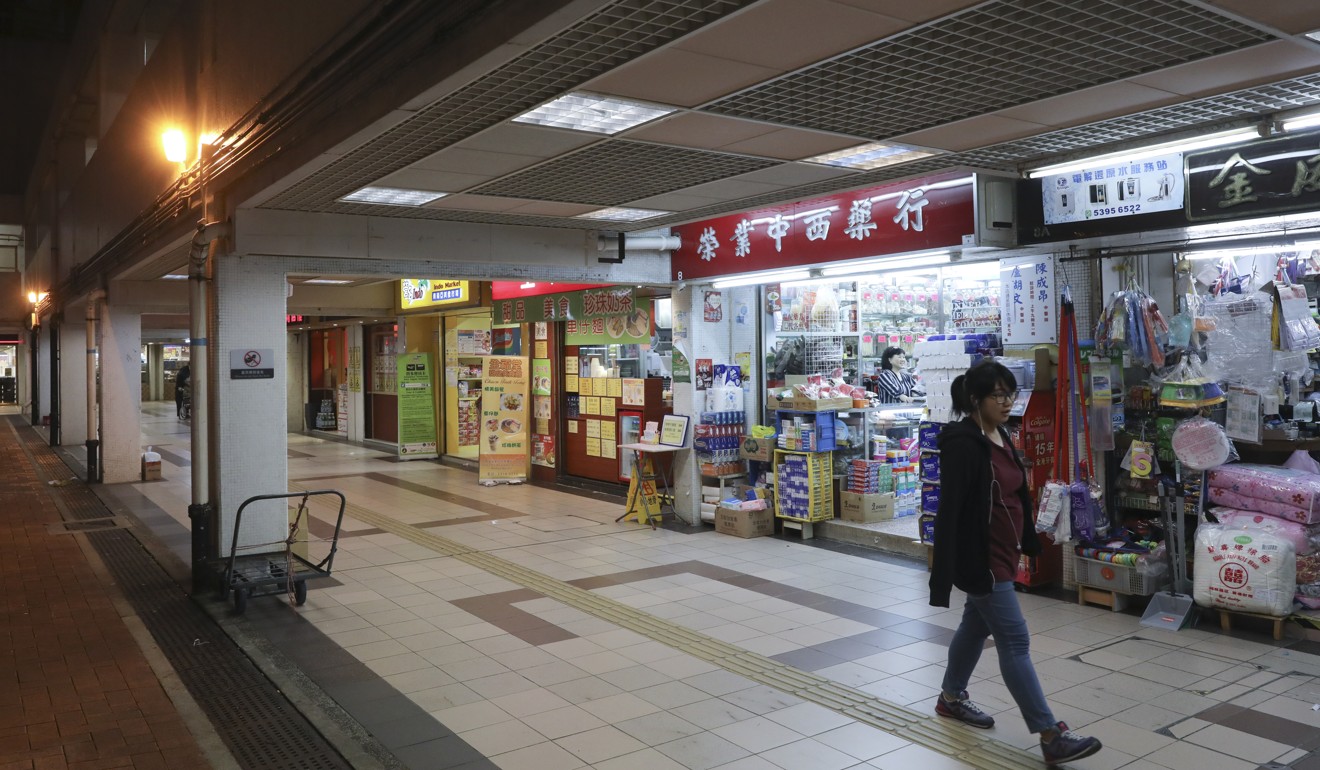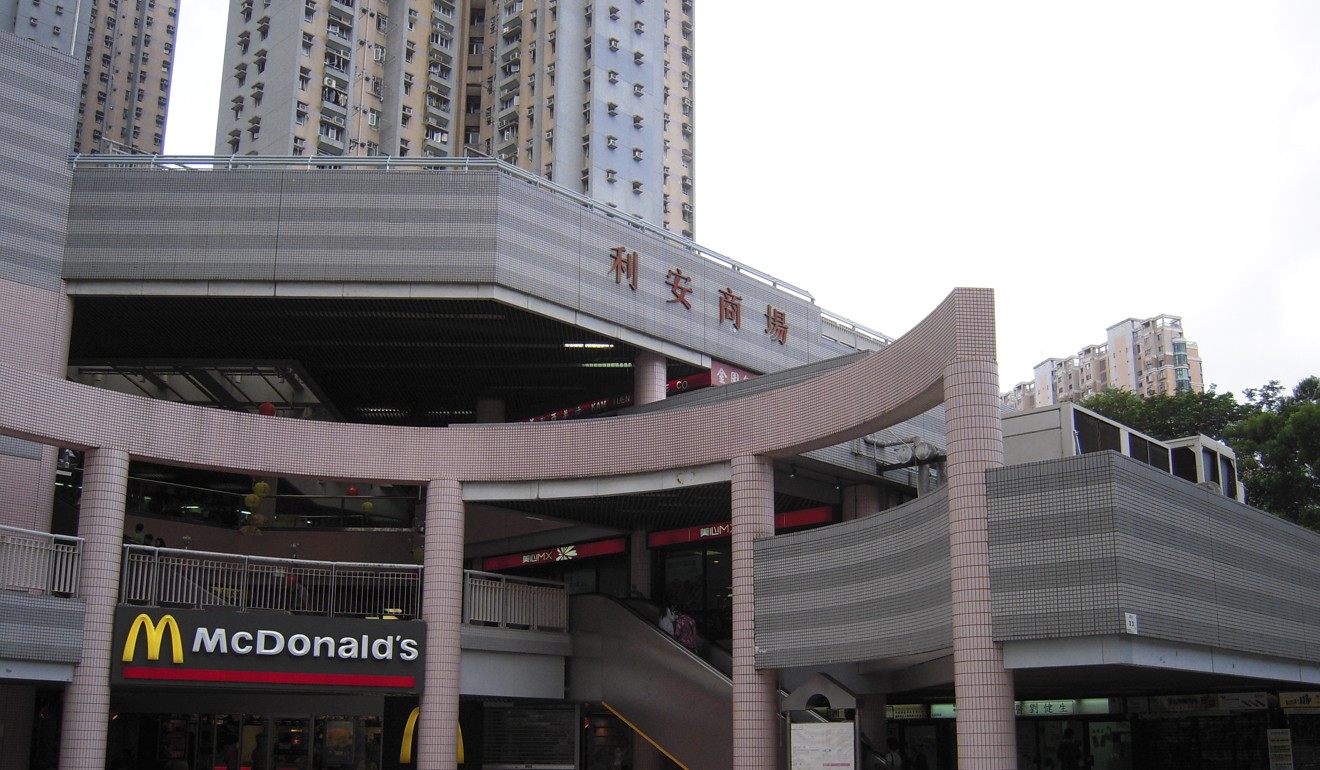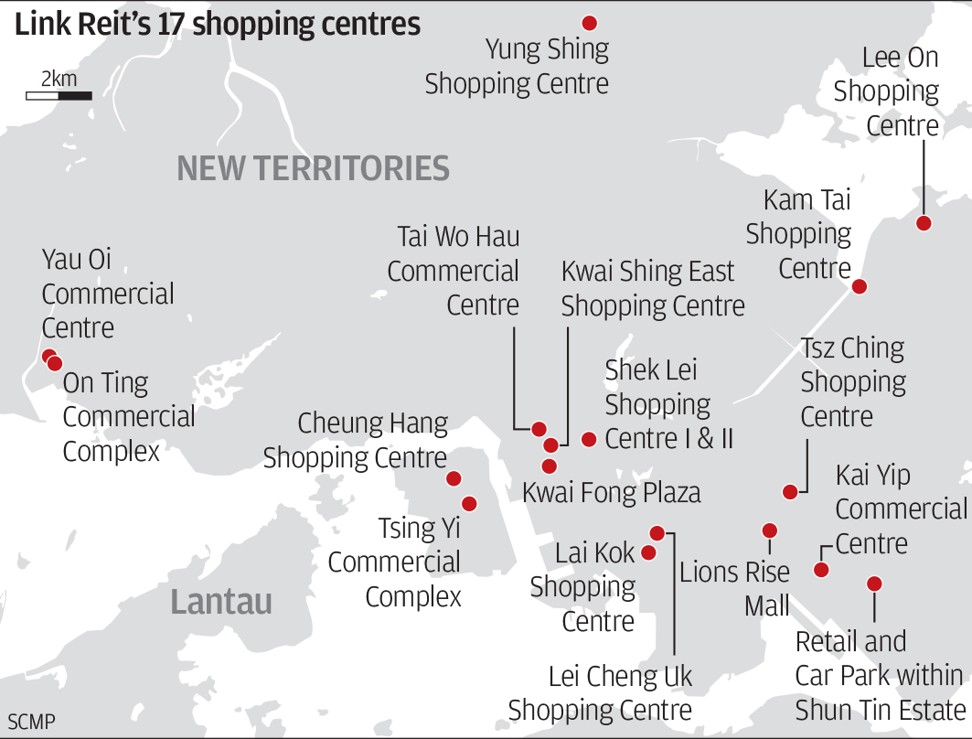
Exclusive | Chinese bad-debt firm emerges as second-biggest partner among buyers of Link Reit’s 17 HK malls
Purchase marks Chinese bad-debt firm’s foray into Hong Kong retail property
A Chinese state processor of bad debt has made its first foray into Hong Kong’s retail real estate, emerging as the second-biggest shareholder in the consortium that paid HK$23 billion (US$2.9 billion) to buy Link Reit’s 17 shopping centres in the city.
China Great Wall Asset Management, established in 1999 to manage and process the non-performing loans of the Agricultural Bank of China, owns 30 per cent in the consortium through its Hong Kong-listed unit Great Wall Pan Asia Holdings, according to sources familiar with the deal.
Industry experts said more state-owned mainland capital will come to Hong Kong and overseas despite concerns over tightened capital control by Beijing and outbound merger and acquisition deals by the Chinese will pick up next year.
Great Wall Pan Asia was formerly known as Armada Holdings. Armada itself, as a listed entity, was renamed from the SCMP Group and sold to China Great Wall for HK$1.57 billion cash in August 2016 after Kerry Media sold the South China Morning Post to Alibaba Group Holding.
Trading in the shares of Great Wall Pan Asia were halted this morning on the Hong Kong stock exchange, pending the announcement of an unspecified venture. The stock rose 1.2 per cent yesterday before the suspension to HK$1.65.
Great Wall Pan Asia was not available for comment.
The deal marks the state-controlled Great Wall’s first entry in Hong Kong’s real estate market.
“State firms and state-backed trusts will become more active players as they find it easier to move capital offshore,” said Samson Lo, managing director of mergers and acquisitions for Asia at UBS, one of the three advisers to Link Reit Asset Management, the manager of Link Reit, on this deal. The other two are HSBC and Cushman & Wakefield.
“We will see an increase in mainland capital coming to Hong Kong and overseas as the tightened control is not as strict as before,” said Lo. “Some [will include] names that we may have not heard of before.
“The market is still robust. We are still very busy.”

A consortium led by Gaw Capital Partners announced the purchase yesterday of Link Reit’s portfolio of more than a dozen shopping centres in Kowloon and the New Territories, with access to more than 8,000 car parking spaces. Shares of Link Reit closed up 0.5 per cent at HK$70.35 on Wednesday.
Gaw owns 52 per cent of the consortium, while Great Wall Pan Asia has 30 per cent, and Goldman Sachs has the remaining 18 per cent, according to the sources.
China Great Wall, along with Cinda, Huarong and Orient, was among the four asset managers set up during the late 1990s to pair with the country’s four biggest state banks to dispose of their non-performing loans. They did so by taking the defaulted borrowings off the books of China Construction Bank, the Industrial & Commercial Bank of China and the Bank of China, packaging them into assets that could be sold.

More than two decades after its establishment, China Great Wall has transformed into a professional investment company, with 43.15 billion yuan (US$6.26 billion) in registered capital. Up to 97 per cent of its stake is held by China’s Ministry of Finance, with 2 per cent owned by the National Council for Social Security Fund while the remaining 1 per cent is held by China Life Insurance Co, according to China Daily newspaper



